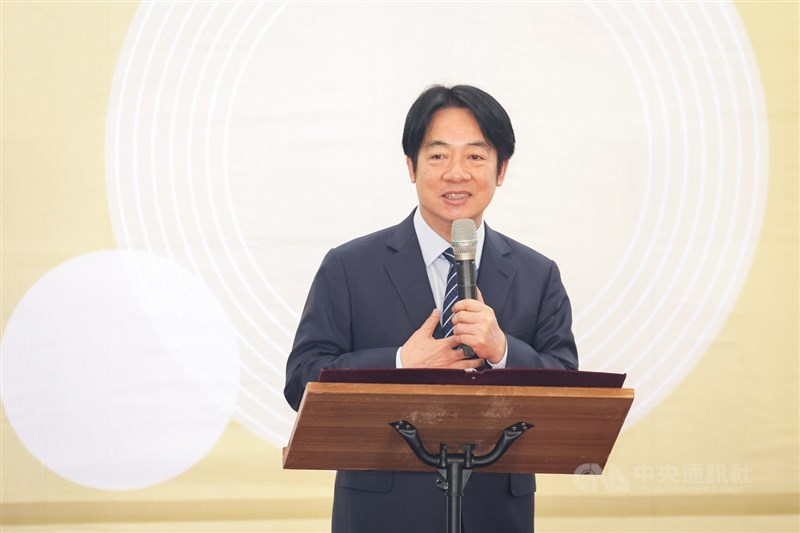Background & Significance
- Historic First: Scheduled for June 18, this will be Taiwan’s first exclusive closed‑door national security briefing for opposition leaders, including those from the KMT and TPP. It underscores President Lai Ching‑te’s intention to build bipartisan unity on defense and strategic issues.
- Political Context: Lai initiated the idea on his May 20 anniversary, emphasizing unity amid growing recall campaigns targeting opposition lawmakers, notably from the KMT .
- Opposition Skepticism: KMT’s Eric Chu and TPP’s Huang Kuo‑chang have expressed concerns over agenda transparency and structure. They insist the meeting should be dialogue-based, not a one-way briefing.
Agenda Breakdown
According to the Presidential Office:
- MND: Taiwan’s military posture in response to China’s growing capabilities
- MOFA: Taiwan’s diplomatic alignment and geopolitical strategy
- MAC: Cross-Strait dynamics and Beijing’s recent actions
- NSB: Hybrid and psychological threats from PRC
Following the presentations, a discussion session will allow opposition leaders to raise questions and engage directly with officials.
Analysis & Strategic Context
- Deterrence through Unity: Political science suggests unified political messaging strengthens national defense credibility. A briefing of this nature can bolster deterrence by signaling to adversaries—including China—that unification transcends party lines.
- Transparency vs. Security: The Opposition’s concerns about a one‑sided briefing may reflect broader democratic norms: balanced briefing structures foster legitimacy and reduce politicization of national security.
- Timing & Domestic Dynamics: With recall campaigns ramping up, Lai’s move may be seen as both a security strategy and political maneuvering, countering opponents’ narratives of division.
- International Signaling: In parallel to recent U.S. support statements and G7 concerns about regional stability , Taiwan’s unity also serves to reassure allies of its resilience and cohesion.
FAQs
Why is this briefing significant?
Because it’s the first time opposition leaders (KMT, TPP) will receive classified, holistic national security updates behind closed doors, marking a shift towards strategic bipartisan engagement.
Are Chu and Huang attending?
Neither has confirmed attendance; their participation hinges on receiving a detailed agenda and assurances of mutual exchange, not mere briefings.
What is the risk of politicizing national security?
If opposition leaders perceive the briefing as partisan propaganda, it could deepen polarization and weaken Taiwan’s collective strategic posture.
How does this fit within regional security trends?
As China intensifies gray-zone tactics and military pressure, bipartisan unity enhances Taiwan’s deterrence potential—built on democratic solidarity similarly noted by concerned G7 nations.


